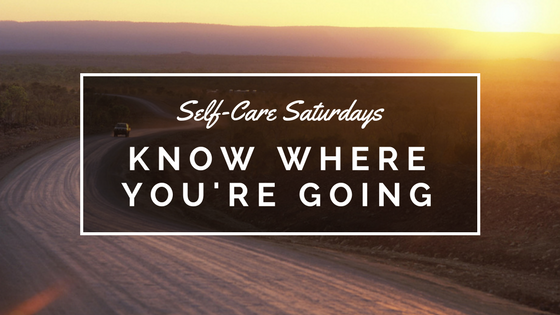When was the last time you got a full night’s sleep? For many of us, that’s a question without a simple answer. The insistence of our morning alarm clocks and the demands of our busy lives whittle away the time we have available to get our much needed shut-eye. Insomnia creeps in as we’re too anxious to fall asleep or wake up in the middle of the night inexplicably. Our fast-paced lives and the pressure of parenting and career can cripple our ability to get the rest we so desperately need.
Our culture doesn’t help either. Prior to the invention of electricity, the rising and setting of the sun dictated sleep. Now that we’re in a world where technology reigns supreme. The distraction of smartphones, TV, tablets, and all other manners of tech stimulate the brain just before bed in a way that interferes with sleep. But our bodies still need that sunset to sunrise sleep cycle.
We believe sleep is a luxury, a waste of time. We could be so much more productive if we just cut back on our sleep a little bit, we say. We glorify Netflix binges and brag about how little sleep we can survive on.
What do you believe is the purpose of sleep? We’re used to thinking of sleep as a way to regain energy or restore our minds. But neuroscientist Russell Foster talks about the implications of sleep in brain chemistry in a way that will revolutionize your view of those 8 hours a night.
According to research studies, sleep deprivation and mental illness are intricately linked and feed into one another. If you aren’t getting enough sleep, you set yourself up for anxiety, depression, stress, and even addictive behaviors as a way of self-medicating or soothing. If you already struggle with one of these issues, your lack of sleep exacerbates the problems you’re already facing.
According to research studies, sleep deprivation and mental illness are intricately linked and feed into one another.
According to Foster, sleep isn’t just for restoration: it’s also a necessary part of our mental health. Connections between mental illness and sleep disturbances put a stark focus on the essential nature of sleep. It isn’t just a luxury – it is something that you need.
In addiction recovery, particularly with process addictions like sex addiction, the goal of recovery is transforming the brain. Instead of taking in a mind-altering chemical, your brain learns to reward itself with a rush of dopamine, the feel-good hormone, when you engage in addictive sexual behaviors. Getting enough sleep is a crucial part of rewiring your brain so that you can reduce and eventually eliminate your dependence on the dopamine rush that comes with addiction.
Think of sleep as the brain food you need to be able to renew cells in your brain and wash away the neuropathways linked to sex addiction. If you starve your brain of sleep, the craving for addictive behaviors will grow stronger. Just like Foster talks about the body craving carbohydrates when it’s sleep deprived, your mind will crave the stimulation of the dopamine high that comes with addictive sexual behaviors.
If you starve your brain of sleep, the craving for addictive behaviors will grow stronger.
He also talks about depression as it relates to sleep deprivation. One of the first goals for healing from depression is getting enough sleep each night. Give it a try – see how your mood and presence completely change when you wake up after a full night’s sleep. Compare that to a night of 4-5 hours to see how drastically your mood shifts.
If you struggle with depression, lack of sleep directly affects the severity of your symptoms.
If you’re having a hard time sleeping and beginning to experience symptoms of depression, anxiety, or another mental health issue, it’s worth it to seek help. While increasing sleep can reduce the impact of the symptoms of these disorders, it also gives a red flag that you likely need additional support for the mental health issues you’re facing.
How much sleep do you need? Foster says 8 hours is an average, so you may need more or less sleep than that. Test this out for yourself: the next time you are able to sleep without the alarm clock waking you up, pay attention to when you naturally wake up. How many hours did you need?
If you have trouble falling asleep or if you struggle with insomnia, make your bedroom a haven for sleep as Foster suggests. Setting yourself up for good quality sleep now will change how you experience mental health beyond just restoring your energy levels.






















